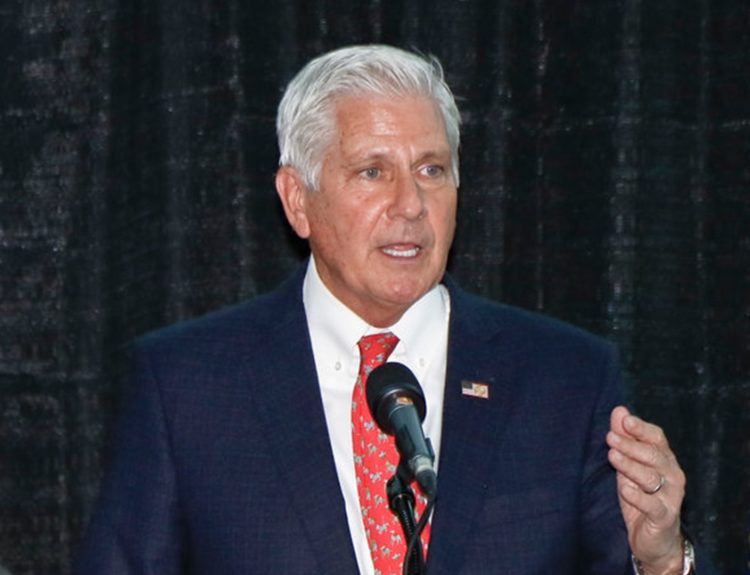Both the House of Representatives and Senate have introduced bills in the past month that, if passed, would eliminate federal funding for medical schools that take part in diversity, equity, and inclusion (DEI) initiatives. It’s being dubbed the EDUCATE Act, and it’s gaining support in Congress. Here’s what America needs to know!
What Is The EDUCATE Act?
The EDUCATE Act is a bill that originated in the House but has since been picked up by the Senate. ‘EDUCATE’ is an acronym for ‘Embracing anti-Discrimination, Unbiased Curricula and Advancing Truth in Education.’

If passed, federal funding would be blocked for medical schools that ‘maintain a DEI or equivalent office,’ or ‘take any action that would deprive a student of educational opportunities or otherwise adversely affect his or her status as a student on the basis of race or ethnicity.’
March 19: Introduced In The House
The bill was originally introduced by Republican Rep. Greg Murphy in the House on March 19. Murphy has represented North Carolina’s 3rd congressional district since 2019, and is a member on Ways and Means, Veterans’ Affairs, and House Administration committees.
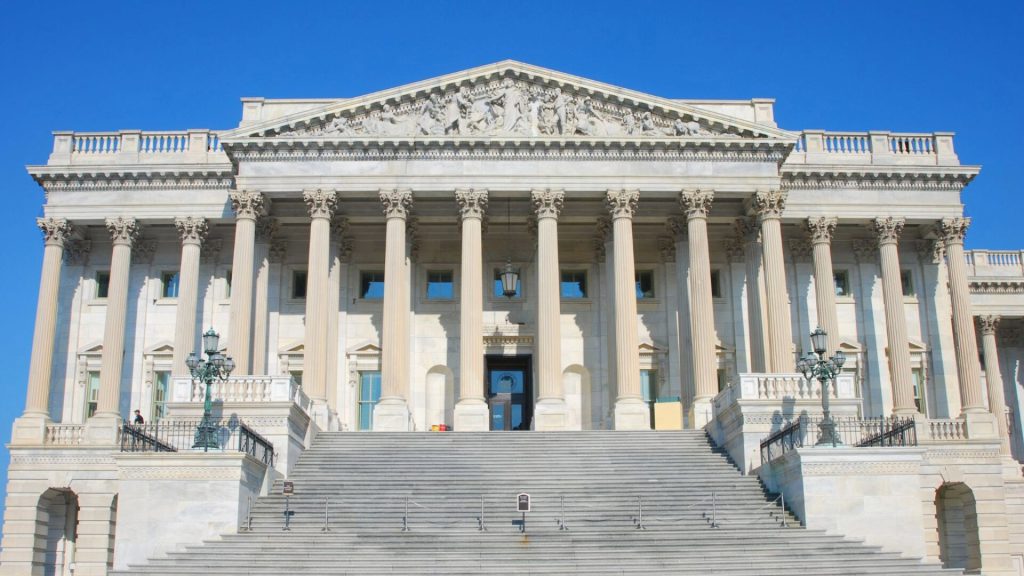
In addition to Murphy, the bill was co-sponsored by 40 other Republican representatives – including Marjorie Taylor Greene (GA-14), Gus Bilirakis (FL-12), and Elise Stefanik (NY-14).
Rep. Greg Murphy Promotes Colorblind Admissions
In a press release on March 19, Murphy touted American medical schools as ‘the best in the world,’ but remained firm in that there’s ‘no place for discrimination’ – urging schools to ‘uphold colorblind admissions processes.’

Diversity strengthens medicine, but not if it’s achieved through exclusionary practices. Medicine is about serving others and doing the best job possible in every circumstance. We cannot afford to sacrifice the excellence and quality of medical education at the hands of prejudice and divisive ideology,” he said.
April 11: Introduced In The Senate
Five weeks after it was introduced in the House, Sen. John Kennedy (R-LA) introduced a similar bill in the United States Senate on April 11. Kennedy spent 17 years as the Treasurer of Louisiana before succeeding David Vitter in January 2017.
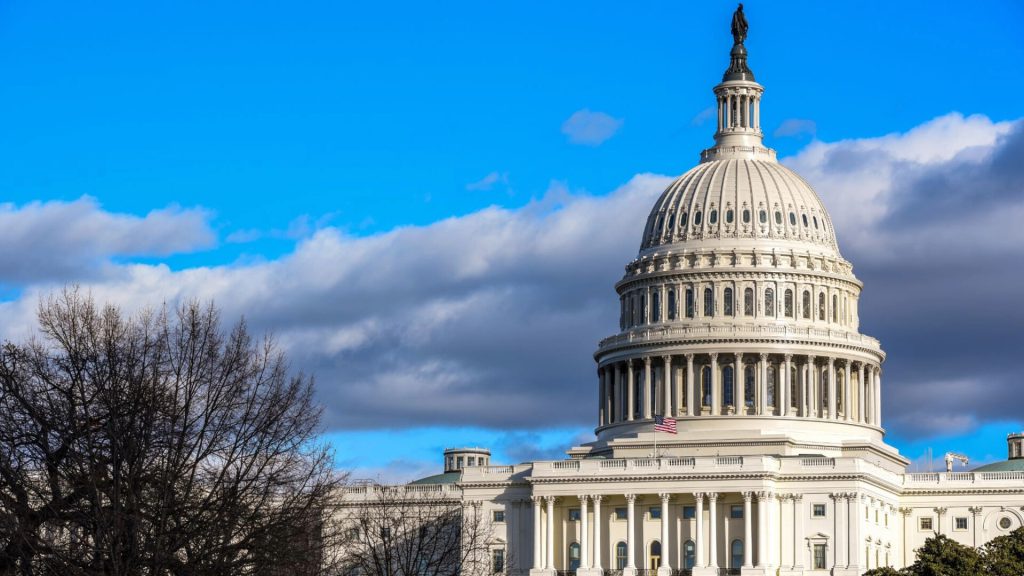
The bill’s name and messaging were copied and pasted as Republicans in Congress stood in unison. It was co-sponsored by Sen. Eric Schmitt (R-MO), who served as the 43rd Missouri Attorney General between 2019 and 2023.
Sen. Kennedy Takes Aim At Woke Universities
In a press release on April 11, Sen. Kennedy blasted ‘woke universities’ for their twisted ways – accusing them of ‘forcing America’s future doctors to care more about race and gender than saving lives.’ According to him, the EDUCATE Act would put an end to it.

“The EDUCATE Act would make sure taxpayer dollars don’t fund medical schools that discriminate against talented students or peddle progressive nonsense at the expense of science,” Kennedy wrote.
Sen. Schmitt Blames Democrats
In a press release of his own, Sen. Schmitt recalled a time when the medical field was ‘driven by core tenants of merit, academic excellence, and superb scientific achievement.’ Unfortunately, that hasn’t stopped Democrats from ‘injecting DEI into every aspect of education in America.’

“To cheapen medical schools with woke politics and DEI would be to put the lives of countless Americans in danger as students of extraordinary achievement and meticulous discipline in the field will be cast aside in the name of social justice and equity,” he added.
What Is DEI?
DEI stands for ‘diversity, equity and inclusion.’ At their core, DEI programs are good for America in the sense that they promote fair and equal opportunities for people, regardless of their race, age, ethnicity, religion, gender, sexual orientation, physical ability, etc.
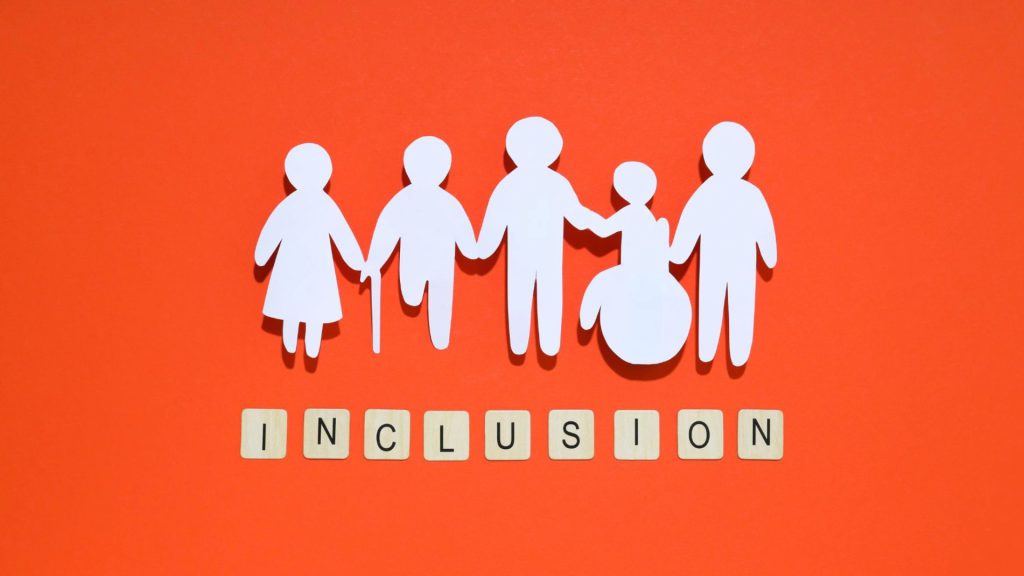
The problem with DEI programs today is they’re doing the exact opposite. Instead of creating fair opportunities for all, DEI programs favor minority groups over everyone else – essentially giving minorities an advantage, which doesn’t promote a fair society.
Lowering Standards In The Medical Community
In the medical community, universities are using DEI programs to lower their standards in an effort to admit more minority students into their programs. While some of those minorities are qualified, some are not.

Many people today, including Tesla CEO Elon Musk, fear the future implications of allowing unqualified students – regardless of their background – into medical programs. When standards are lowered, so is the quality of medical care.
Elon Musk Tries To Explain It To Don Lemon
In a recent interview with Don Lemon, Musk doubled down on his stance that ‘if we lower standards, people will die.’ While that’s a fairly easy concept to understand, it wasn’t quite getting through to Lemon – who argued that it was a ‘hypothetical’ with no supporting evidence.

Put it this way – if we started lowering the standards for becoming a mechanic, then future mechanics wouldn’t be as skilled and experienced as they are today. If we do the same with doctors, then the chances of doctors making mistakes in the future would increase.
Universities Are Distancing Themselves From DEI
With state and federal governments cracking down on DEI programs and initiatives across the nation, many universities have already begun distancing themselves from their DEI efforts—some voluntarily, some not.

Some universities and employers have DEI programs dating back to the 1960s, but America is entering a new chapter in its fight for true, unforced equality. Here are three universities that have already started turning the page:
3. University Of North Carolina
It took a committee at the University of North Carolina just four minutes to vote to reverse and replace a DEI policy. A second vote will be held next month and, if approved again, the new policy will take effect immediately.

“Equality of opportunity in education and employment is a long-standing commitment of the University of North Carolina as a core value in service to our vibrant and growing state,” university spokesperson Kevin Best said.
2. University of Texas
Earlier this week, the University of Texas confirmed that more than 57 employees will be laid off as a result of the school closing its Division of Campus and Community Engagement. The move was in response to a state law that banned DEI programs and initiatives.
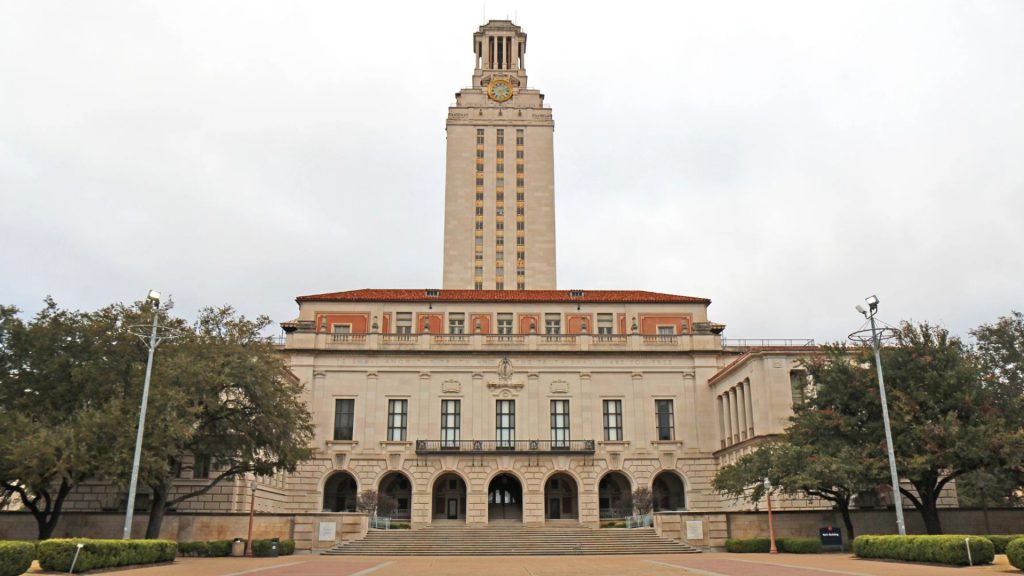
It will also effect student workers in the programs that were cut. According to USA Today, those students ‘will retain their jobs through the end of the semester’ with no certainty that their positions will be renewed moving forward.
1. Kansas Board Of Regents
After receiving pressure from GOP lawmakers, the Kansas Board of Regents implemented a new policy change that would ban universities from ‘requiring prospective students, potential hires and staffers seeking promotion to disclose their views on diversity initiatives.’

State legislators approved a bill not long ago that would allow a fine of up to $10,000 for schools that support DEI initiatives, and this year’s state budget allows Kansas to withhold roughly $36 million from universities unless they confirm they’ve done away with their DEI programs.






